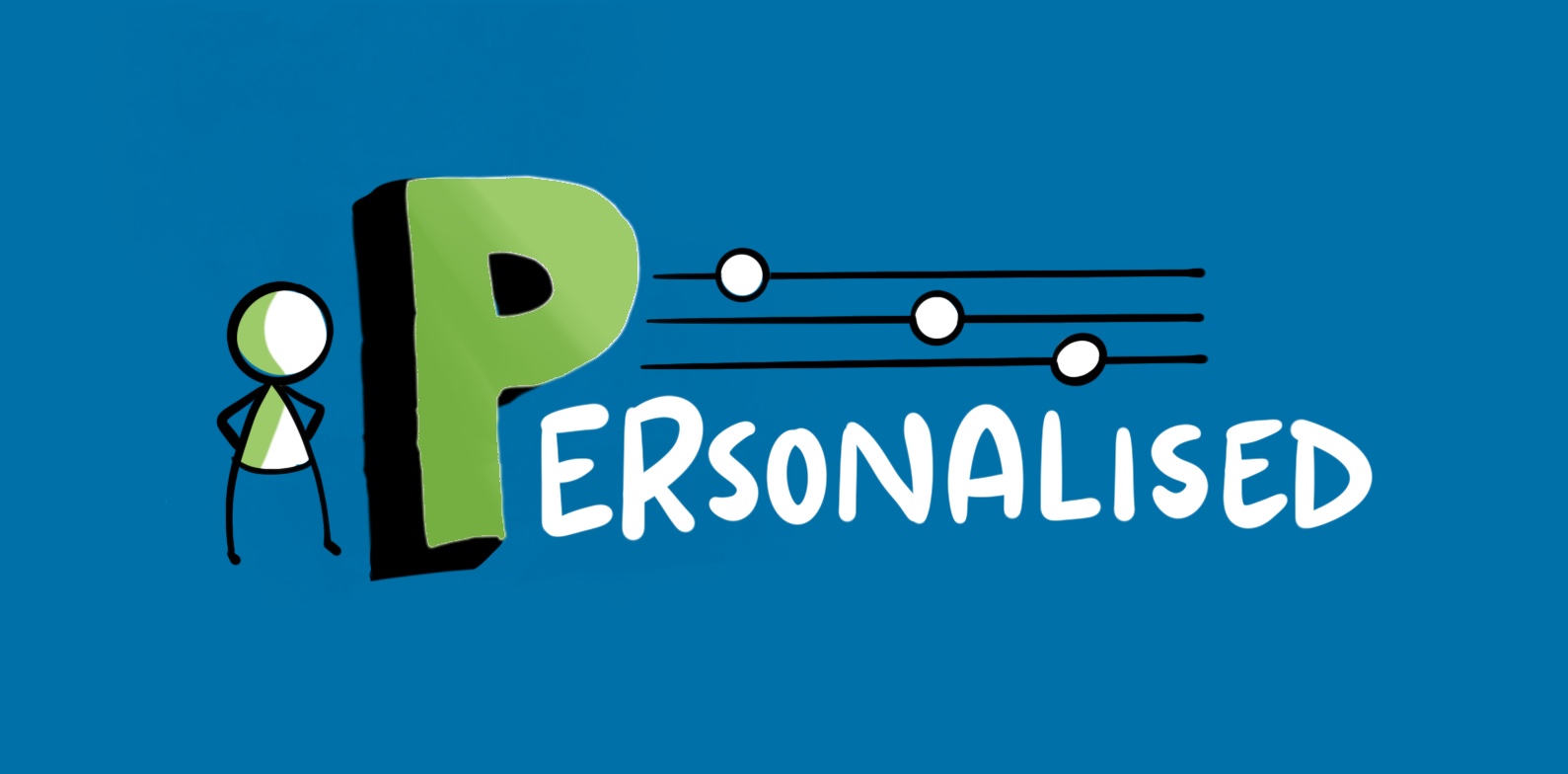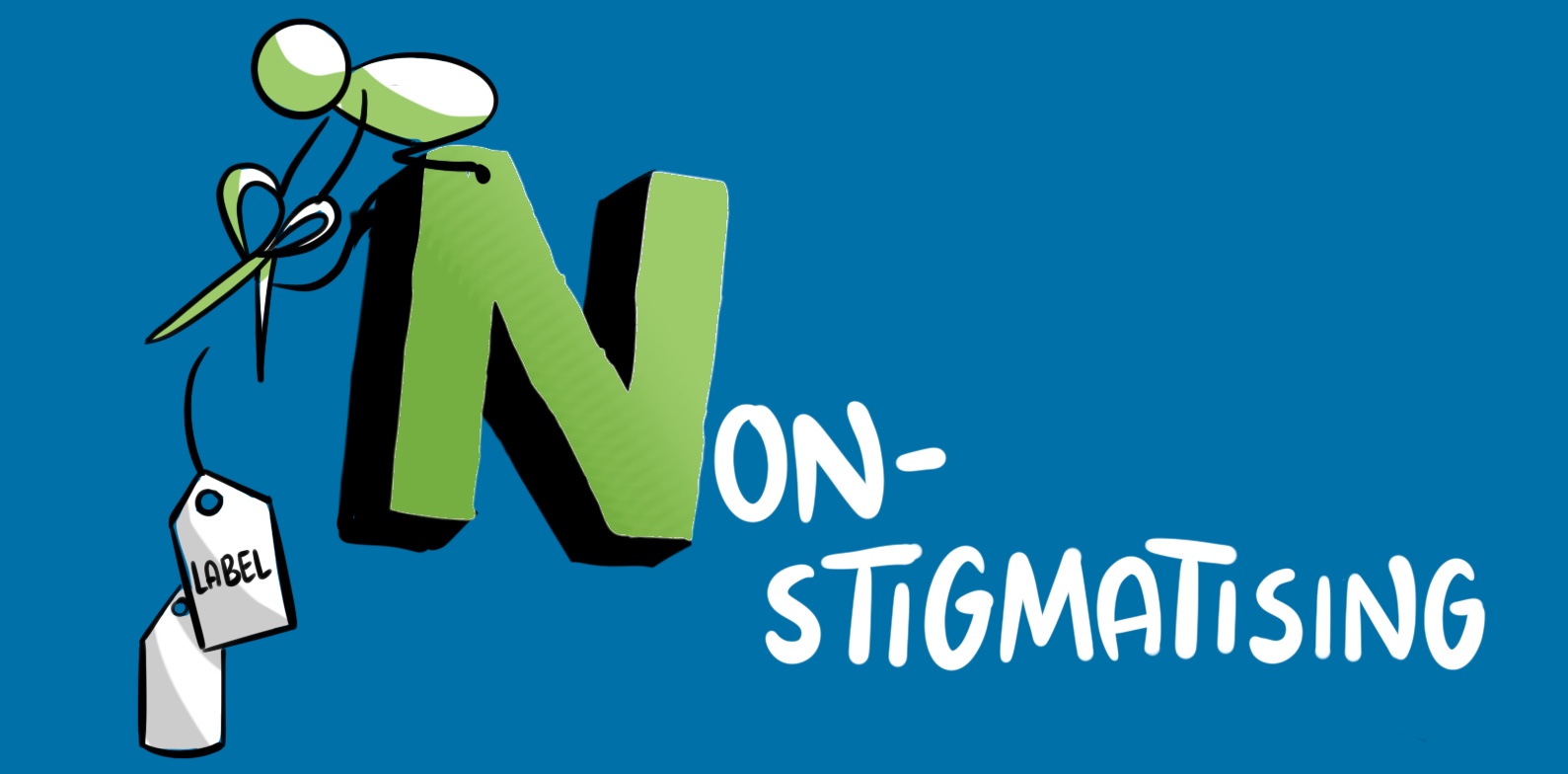High-quality services and delivery
While there remains much scope for expanding and strengthening the evidence base, there is a growing consensus on key ingredients for the delivery of high-quality probation and youth justice services. Many research findings are overlapping, increasing their credence, with the PRESENCE components set out below consistently highlighted as important.
Personalised
A personalised approach is vital, recognising that individuals’ strengths and challenges will be different, shaped by their own personal characteristics, experiences, and circumstances. Thinking about the individual, interpersonal, community, and societal levels can be very helpful – building understanding of individuals in the context of their lives and then responding in a holistic, integrated, and person-centred way.
Relational
The research literature highlights the importance of positive, supportive, respectful and trusting relationships between practitioners and those that they supervise. Practitioners should work alongside individuals, ensuring that whenever possible work is done ‘with’ and not ‘to’ them, increasing the likelihood that they will share their views and experiences, and more readily utilise available forms of help. A focus is required on building relationships as early as possible, recognising that there is no single blueprint for a good relationship, and allowing them to evolve and be responsive to any changes in individuals’ circumstances.
Evidence informed
Positive outcomes are more likely when practice is aligned to evidence. Approaches should be guided by research evidence (blending key findings and insights from a range of models, disciplines and types of research) alongside practice knowledge and lived experiences, and they should be underpinned by clear theories of change, assisting with further evaluation.
Supportive
A fully supportive approach maintains a strong focus on ensuring that individuals receive the right help at the right time, with attention being paid to any practical obstacles and to building self-belief, self-worth, motivation, hope, resilience and a sense of purpose and ambition. Practitioners should demonstrate genuine care for, empathy with, and belief in, the individuals they are working with.
Engaging
Methods should be used which engage, interest and motivate individuals and are meaningful to them and enable them to participate fully. Practitioners should establish as early as possible where individuals fall on the engagement continuum, with a focus on developing rapport and establishing a sense of trust through ongoing two-way dialogue. Wherever possible, individuals should be empowered to try and find their own solutions and to identify and pursue their own goals and aspirations. Ongoing flexibility is important in terms of maintaining engagement and a fully personalised approach.
Non-stigmatising
Care should be taken to avoid labelling and stigmatisation. Language is particularly important in helping to ensure that positive relationships are not hindered and opportunities for positive development, integration and desistance are not lost. Language should be positive, engaging, considerate, non-stigmatising and empowering.
Collaborative
Cooperation, collaboration and co-production is vital, with all providers working together in partnership through a whole-system approach, supported by strong leadership with a shared and well-communicated vision and values. There needs to be a strong mix of targeted, specialist and mainstream services, with attention being given to the continuity of support at the end of the period of supervision, facilitating longer-term community integration and social inclusion.
Evaluated
The evidence base should continually evolve and a commitment is required to ongoing evaluation, enabling services and delivery to be improved over time, maximising positive outcomes for individuals and wider society. Supporting, co-producing, or instigating evaluations and wider research should be seen as a key part of professional practice.
Crucially, probation and youth justice practitioners need to be empowered to deliver their best practice and given the time and space to build secure and trusting relationships.
Your presence is the most precious gift you can give to another human being.
Marshall B. Rosenburg













